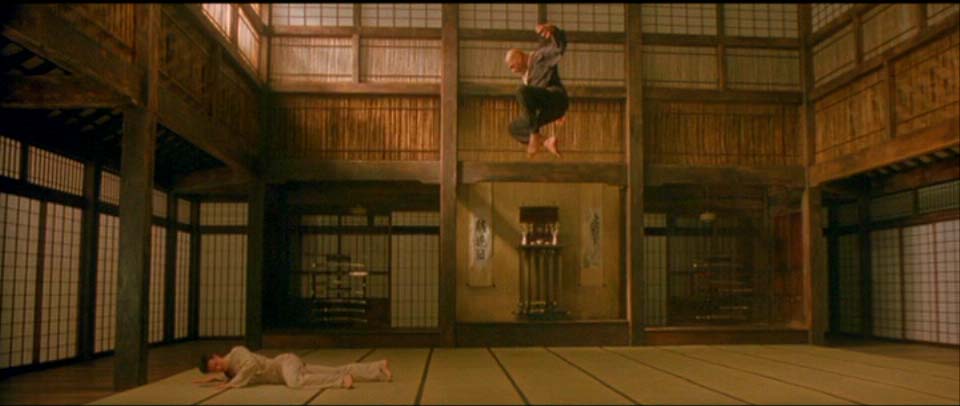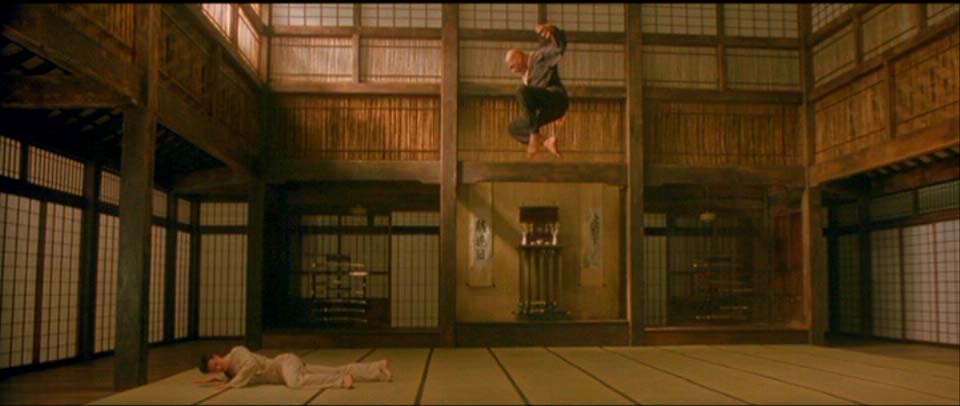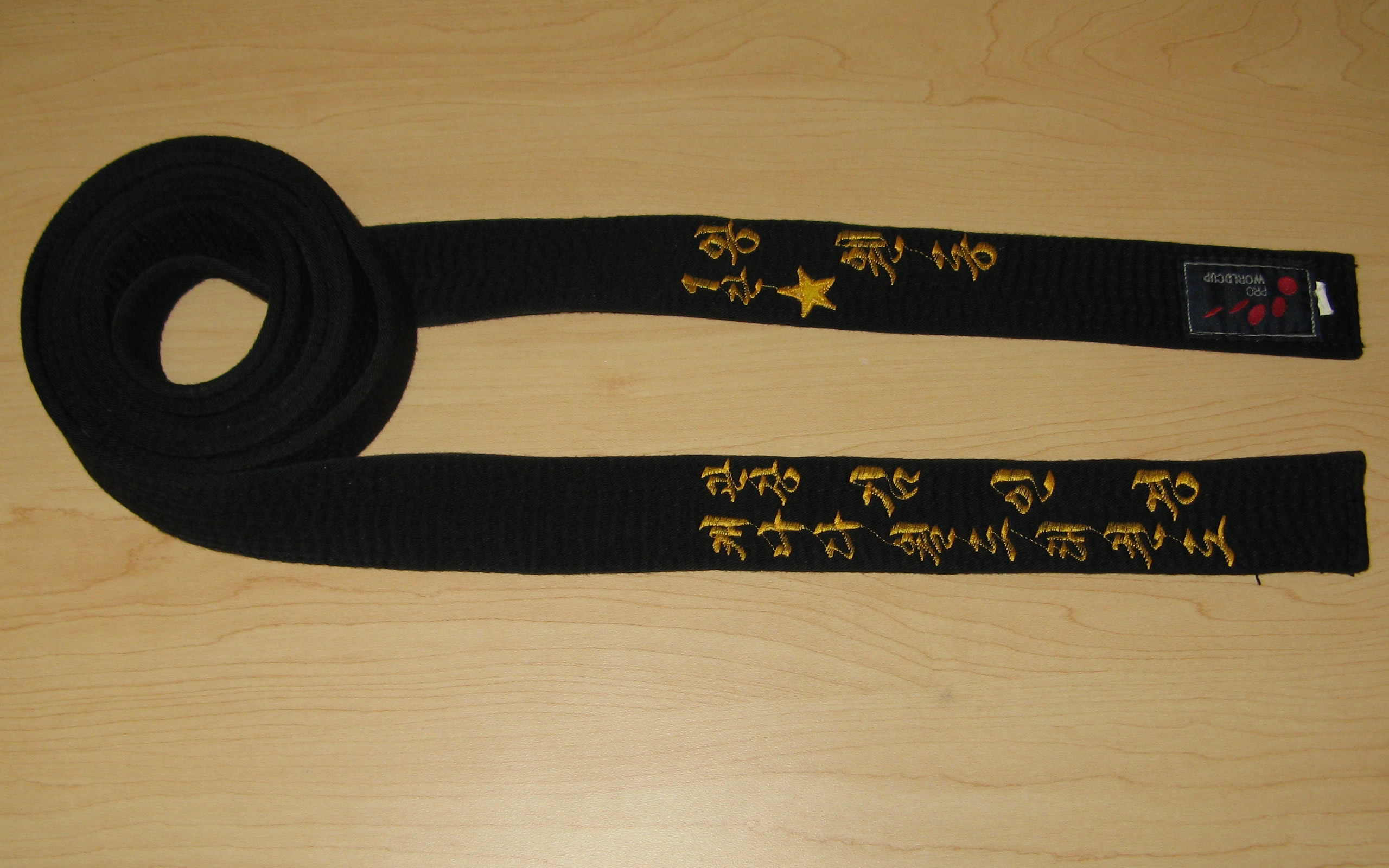My name is Wendong. People call me Wendong, so you can call me Wendong. I was born and raised in Nanjing, a city in southeast China, about 300km to the west of Shanghai. Four years ago, I left my hometown and came to Toronto, and two years and two months ago, I started training in Taekwondo.
So why did I start it? When I was a kid, I liked playing sports. Soccer was my favorite, and I was always a starting player of my school team. At that time, I played for fun. When I started my college, I got this stupid notion that because I was more athletic than most of my peers, I would be healthier than them, and that being healthy doesn’t require any extra work. So during my years in college, I neglected physical exercises. Particularly in the third and fourth year, impending exams, daunting applications for graduate schools, and demanding student clubs and student conferences filled up my timetable and eventually consumed me. I stopped every sport and all forms of exercises. My eating habits got worse as well. All of these, together with the common anxiety associated with college graduation, made me ill. My stomach failed first; then happened insomnia. And since I cannot eat nor sleep, other parts of my body started to dysfunction, and eventually my mind stopped working. I worried, feared, and even cried. I thought about dying and what death could mean. It sounds dramatic, but it was true. And I knew I needed to change something.
In May 2006, my application for graduate studies in chemistry department at University of Toronto was accepted. And four months later, I was in Toronto. Life presents me with a new chance, and I decided to take it. I put into action a recovery plan, most of which are common sense. I started jogging, followed a healthier diet, rest regularly and frequently. But the effect was not immediate, and I knew I needed to keep on. Persistence was not easy, especially when doing it all alone. So about two years ago, a Korean friend suggested TKD to me, and I tried and loved it. The professional and entertaining style of Master Kim, the friendship and support from fellow practitioners, particularly Victor, Jack and Kuma, and the inspiration and encouragement I received from Master Kim’s father and brother, all kept me going. And most importantly, it is fun, so two years passed quickly.
Looking back, I am almost grateful that I had fallen ill. Climbing up again not only taught me the dynamic nature of health and the necessity of physical exercises, but also let go my ego, insecurities, excessive pride, undue competitiveness, and the fear of failure and embarrassment. I feel more able to control myself. In fact, self-control, being one of the five principles of TKD, is at the heart of my experience in Taekwondo. The other four are persistence, courtesy, integrity and indomitable spirit. These principles give TKD emotional and spiritual dimensions that go well beyond physical well-being. They make me feel connected with people thousands of years ago, who practiced the same patterns, kicks and moral codes. This very thought makes me calm and humble.
Carved on the walls of the entrance hallway in the American Museum of Natural History in New York are the words from 32nd US president Franklin Roosevelt “character, in the long run, is the decisive factor in the life of an individual and of nations alike”. Not wealth, not family connections, not race, not gender, not even one’s intellect, but character. And I believe character training is ultimately what TKD is. Though there can be only one world champion, every one can be at his/her best.




